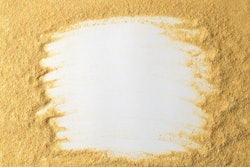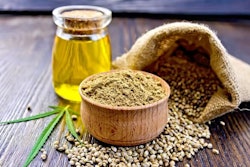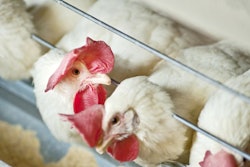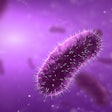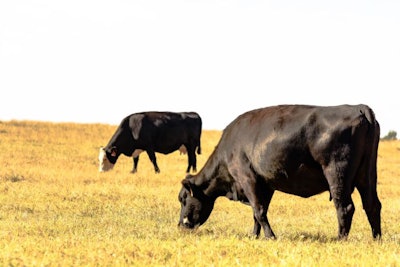
With insect meal growing in popularity, research team plans to trial an insect protein in cattle
If fish, poultry and even humans can eat insects, should cattle eat insect meal? A research team at Texas State University is set to find out.
Texas State University assistant professor Merritt Drewery plans to begin experimenting with insect meal, specifically defatted black soldier fly larvae, as a protein supplement for steers this fall. Although perhaps less intuitive than feeding insects to animals such as poultry and fish, Drewery said she has reason to believe insects, and black solider flies in particular, could offer unique benefits when used in cattle diets.
In a preliminary test, Drewery said, cattle fed full fat black soldier fly larvae showed signs of improved digestion and increased feed intake — similar to the results achieved when cattle are fed conventional protein supplements.
That alone suggests insect meal could serve as a sustainable alternative for cattle as it does in other species, but cattle may be even better suited to consuming insect meal than other species, Drewery said. Because some insect products contain chitin, the use of insects in monogastric diets is often limited to low inclusion rates. Ruminants, however, may be better able to deal with chitin thanks to their multi-stage digestive system. And cattle don’t require the specific amino acid profile sought after for fish diets, which is not always present in insect meal.
As for the suggestion that poultry and fish are simply more natural candidates for insect-based feeds, Drewery is unconvinced these are the only livestock species to eat bugs naturally.
“Let’s think about a ruminant, cattle, a deer, eating grass, head down, grazing,” Drewery said. “What’s on the grass blades? I don’t think it’s outside the realm of possibilities that insects are a natural part of a gazing diet.”
Drewery, who is also working on related but separate research on insect meal economics and consumer demand for sustainable meat products, believes cattle producers would benefit from having access to a more sustainable protein source. Insects have already been approved for salmon and poultry diets, but feeding insects to cattle in commercial settings in currently prohibited on account of the absence of scientific data showing cattle can eat insects. Someone, Drewery said, needs to do the initial research to find out if it works.
Drewery will begin receiving funding from the U.S. Department of Agriculture’s (USDA) National Institute of Food and Agriculture in July, and expects to begin feeding cattle a mix of diets — a group fed conventional proteins such as soybean meal, another fed varying quantities of insect protein, and a third group with no protein supplement — this fall. The project is expected to run two years but preliminary results may be available by next summer, Drewery said.


